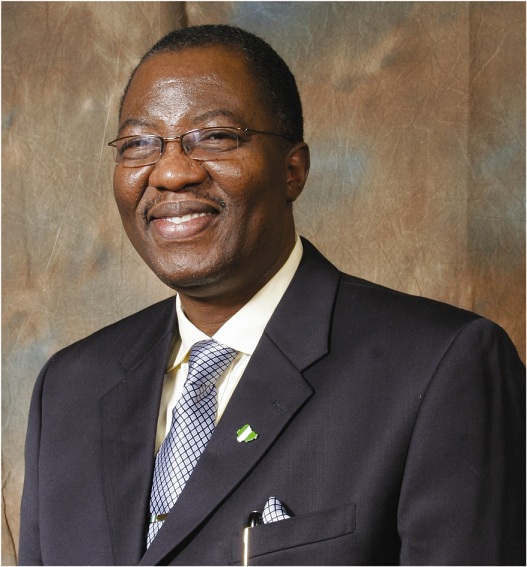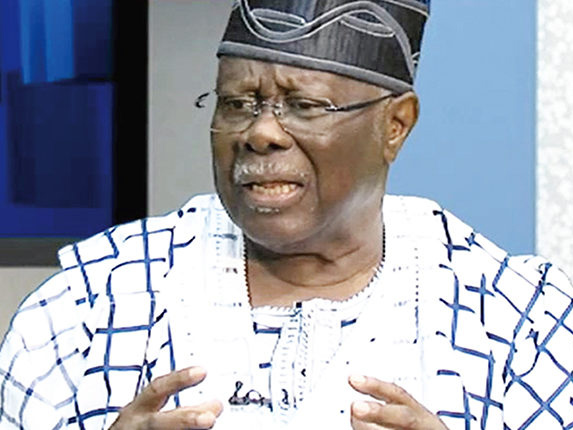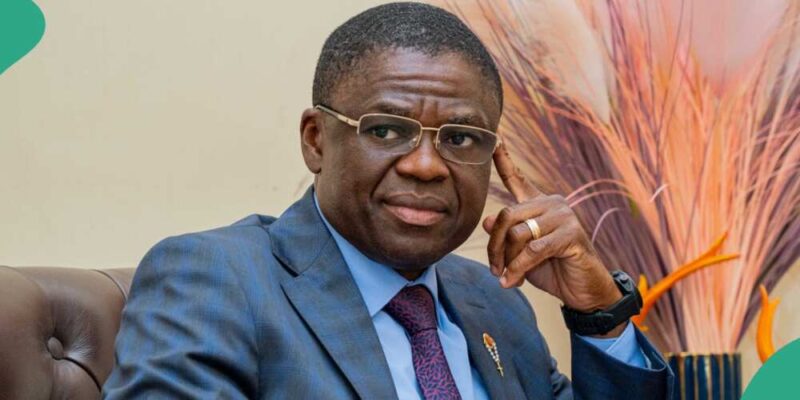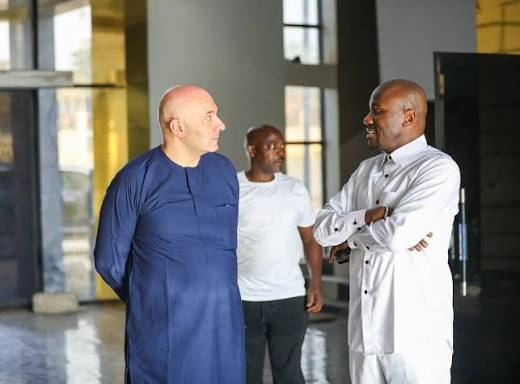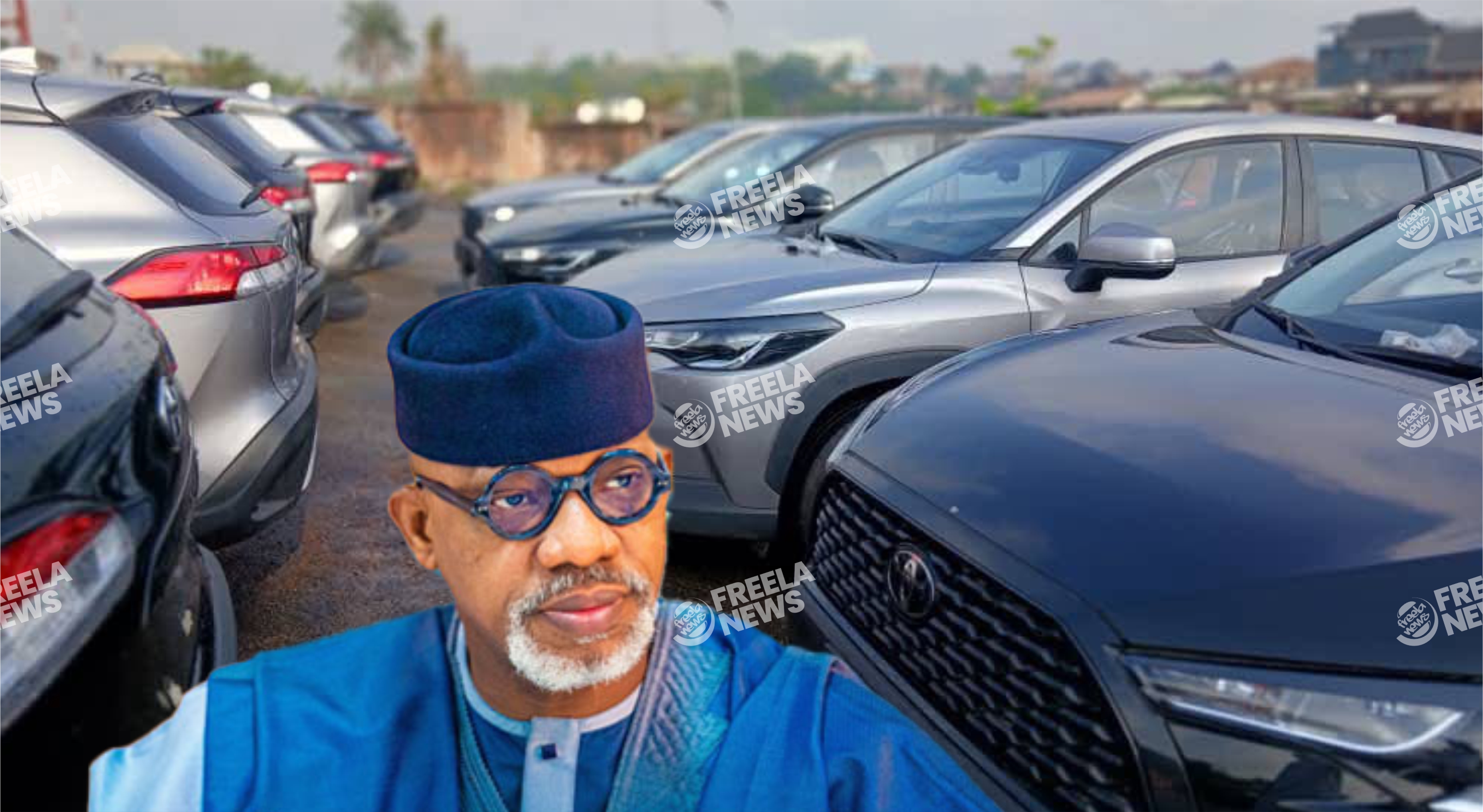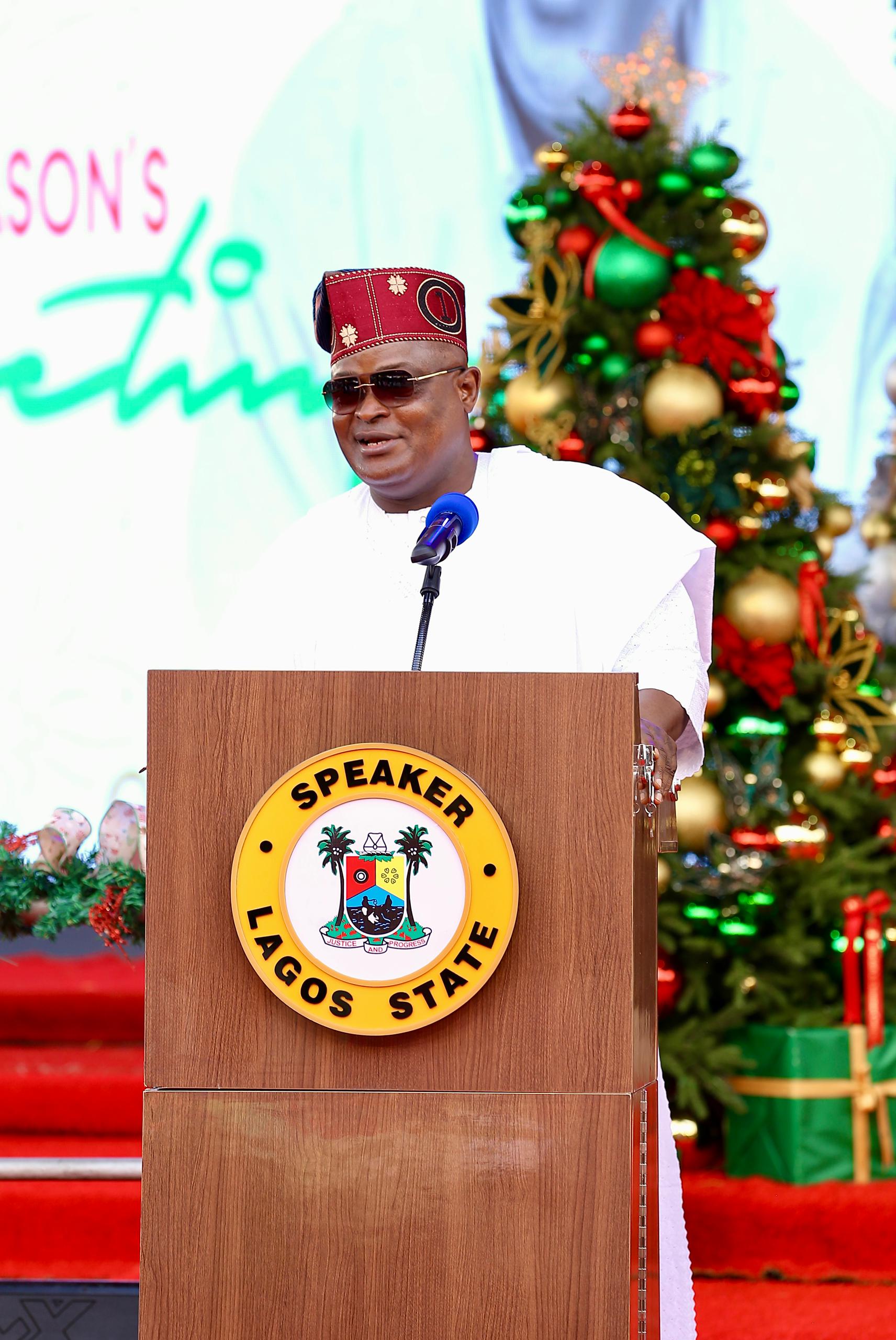Gbenga Daniel’s visionary leadership continues to shape Ogun State’s industrial, educational, and infrastructural growth more than a decade later
More than a decade after Otunba Gbenga Daniel (OGD) left office as the Governor of Ogun State, the imprints of his leadership remain deeply woven into the fabric of the Gateway State.
Also read: Nigeria economy recovery: GDP growth hits 4.3% under Tinubu
His legacy — a blend of visionary industrialization, infrastructural expansion, and human development — continues to shape the trajectory of Ogun’s growth under successive administrations.
Today, Ogun State is one of Nigeria’s most industrialized regions, a hub for manufacturing, logistics, and innovation.
But this transformation did not happen by accident — it was the outcome of deliberate groundwork laid between 2003 and 2011, when OGD redefined governance through a fusion of foresight and pragmatism.
The OGD Blueprint: From Vision to Institution
When OGD branded Ogun as “The Gateway State,” it was more than a slogan — it was a development philosophy. He envisioned a state that would serve as Nigeria’s industrial bridge, connecting Lagos’ economic intensity with the heartland’s vast potential.
His administration initiated and completed major infrastructure projects — roads, industrial estates, free trade zones, power plants, and educational institutions — that provided the structural backbone for future growth.
The Olokola Free Trade Zone (OKFTZ) and Kajola Industrial Park, two projects conceptualized under his leadership, became magnets for both local and international investors.
His government’s Memoranda of Understanding with foreign partners, including the Chinese and Shell Nigeria Gas, created the foundation for industrial clusters that still power Ogun’s economy today.
“OGD laid the blocks of modern Ogun — he built the vision that others are now expanding,” said a senior Ogun bureaucrat who served under multiple administrations.
Infrastructure That Endured — Roads, Power, and Access
Many of the state’s major arterial roads — linking Abeokuta, Sagamu, Ifo, Ota, and Ijebu-Ode — were initiated or rehabilitated during Daniel’s tenure. These routes became the logistics lifelines that attracted industries and improved mobility for millions of residents.
His power initiatives, including independent power projects (IPPs) and transformer installations across rural communities, prefigured the state’s later push toward energy sustainability.
The strategic location of industrial estates near expressways and gas pipelines was not coincidental — it was a calculated decision to give Ogun an edge in logistics and cost efficiency.
That same advantage today underpins the Agbara Industrial Corridor, now home to giants like Nestlé, Lafarge, and Unilever.
Economic Transformation: From Vision to Vanguard
The eightfold increase in Internally Generated Revenue (IGR) during OGD’s era — from ₦100 million to ₦800 million monthly — was a turning point. It repositioned Ogun as a self-sustaining state capable of financing its development.
Subsequent administrations, including those of Senator Ibikunle Amosun and Prince Dapo Abiodun, have built upon this fiscal foundation.
The ease of doing business reforms, land processing systems, and digital tax administration that Ogun now boasts of are all evolutions of policies that began under OGD’s pro-business government.
From the Ogun-Guangdong Free Trade Zone to Asero and Agbara Industrial Estates, the state continues to attract investors who cite OGD’s business-friendly policies and infrastructure planning as the original catalyst.
“OGD made Ogun the alternative to Lagos — and today, that vision is our greatest advantage,” a senior official at the Ogun State Investment Promotion Agency told Newsheadline247.
Education and Human Capital: The Continuum of a People-First Policy
No true legacy endures without human capital. OGD’s comprehensive education reforms, vocational programmes, and ICT initiatives laid the groundwork for today’s renewed focus on technical education and youth employability.
The Gateway ICT Institute, technical colleges, and Ogun State Polytechnic upgrades birthed under Daniel’s watch are now producing the skilled manpower sustaining the state’s industrial ecosystem.
Successive administrations have continued his tradition of linking education to industry — a policy alignment that ensures Ogun’s youth are not left behind in the new economy.
Social Infrastructure and Urban Renewal
In cities like Abeokuta, Sagamu, and Ijebu-Ode, one can still trace the architectural and community projects that began under OGD.
The Gateway City Gates, Oke-Mosan Secretariat expansions, and rural electrification projects remain visible testaments to his belief that infrastructure is the language of progress.
In the health sector, the modernized hospitals and community health centres introduced during his era continue to serve as the foundation upon which newer health initiatives are being launched.
Governance Philosophy That Outlived Tenure
OGD’s governance style — pragmatic, inclusive, and human-centred — created a political and administrative culture that emphasized results over rhetoric. His focus on public-private partnerships (PPP) became a model now institutionalized in Ogun’s economic planning.
He promoted merit-based appointments, encouraged civic engagement, and fostered a sense of ownership among the state’s civil service — habits that have survived long after he left office.
“Daniel didn’t just govern; he institutionalized excellence,” remarked a political historian. “That is why Ogun still benefits from his template today.”
Legacy in Motion: The OGD Footprint Today
From the industrial corridors of Sagamu and Ota to the education-driven hubs of Abeokuta and Ijebu, OGD’s legacy continues to breathe life into Ogun’s development story.
Governor Dapo Abiodun’s infrastructural renewal drive, digital economy expansion, and industrial incentives are direct continuations of the Gateway Vision crafted two decades ago.
OGD’s blueprint was not just about roads and factories — it was about people, productivity, and prosperity. Today, that legacy endures in the confidence of investors, the resilience of youth, and the continued evolution of a state that stands tall as the economic pride of the Southwest.
“The foundation of our progress rests on the vision of leaders who saw tomorrow before it arrived,” an Ogun elder statesman said. “Gbenga Daniel was one of them.”
A Legacy That Still Works
Two decades on, Otunba Gbenga Daniel’s vision remains the silent architect behind Ogun’s economic strength. His blend of foresight, discipline, and compassion ensured that progress was not episodic — it became systemic.
The Gateway State is still growing — and at its heart lies the blueprint of a leader who dared to dream and delivered.
Also read: Otunba Gbenga Daniel inspires hope with development plans in Ogun East
OGD’s story is not just history — it is continuity in motion.


